Think about the last time you escaped your daily routine and indulged in some serious self-care at a spa, hotel, or resort. Now think of the many employees who helped make that possible: The people who handled your luggage or handed you a glass of Champagne, and those who pointed you in the right direction or suggested an activity they thought you might enjoy. Basically, all the little moments that added up to your private paradise were made possible by our friends in the hospitality industry.
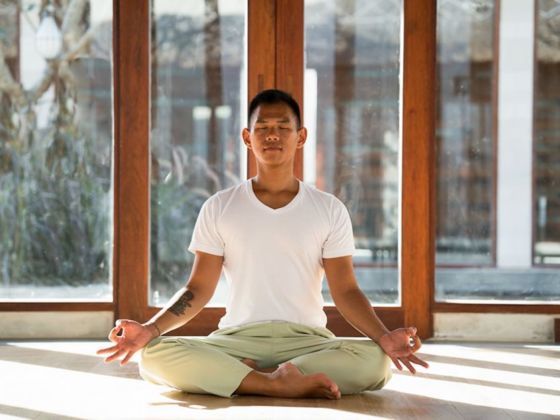

Faced With No Guests, These Wellness Hotels Are Taking Care of Their Staff
Those same people are now facing a dark and uncertain future as the travel industry all but shuts down in order to prevent further spread of COVID-19. In the past few weeks alone, the world’s largest hotel company, Marriott, was forced to begin furloughs and layoffs along with other international hotel chains like Hilton and MGM. And while all travel-related companies must grapple with difficult cost-cutting decisions right now, it’s achingly personal with smaller hotels and resorts where staff often feel like an acquired family.
Despite the bleak outlook, there are bright spots worth celebrating. People around the world are stepping up to help support hospitality workers during this time of need. In many cases, the small businesses most at risk during this pandemic are also in the best position to lean on the redemptive power of community for care and support.
One example is John Kiesendahl, owner of The Lodge at Woodloch, a destination spa in Hawley, Pennsylvania, as well as nearby Woodloch Pines Family Resort and Woodloch Springs golf resort. These three properties together have nearly 1,200 employees at all three properties. Last week, Kiesendahl gave full pay to all of his employees for two weeks while the nation’s leaders developed a larger plan to sustain the industry and economy. In addition, the brands have pulled together excess perishable goods from their supply that would otherwise go to waste and are selling them to the community at or below cost. Funds from the sales will go to a staff “crisis fund” to help those most in need of support.
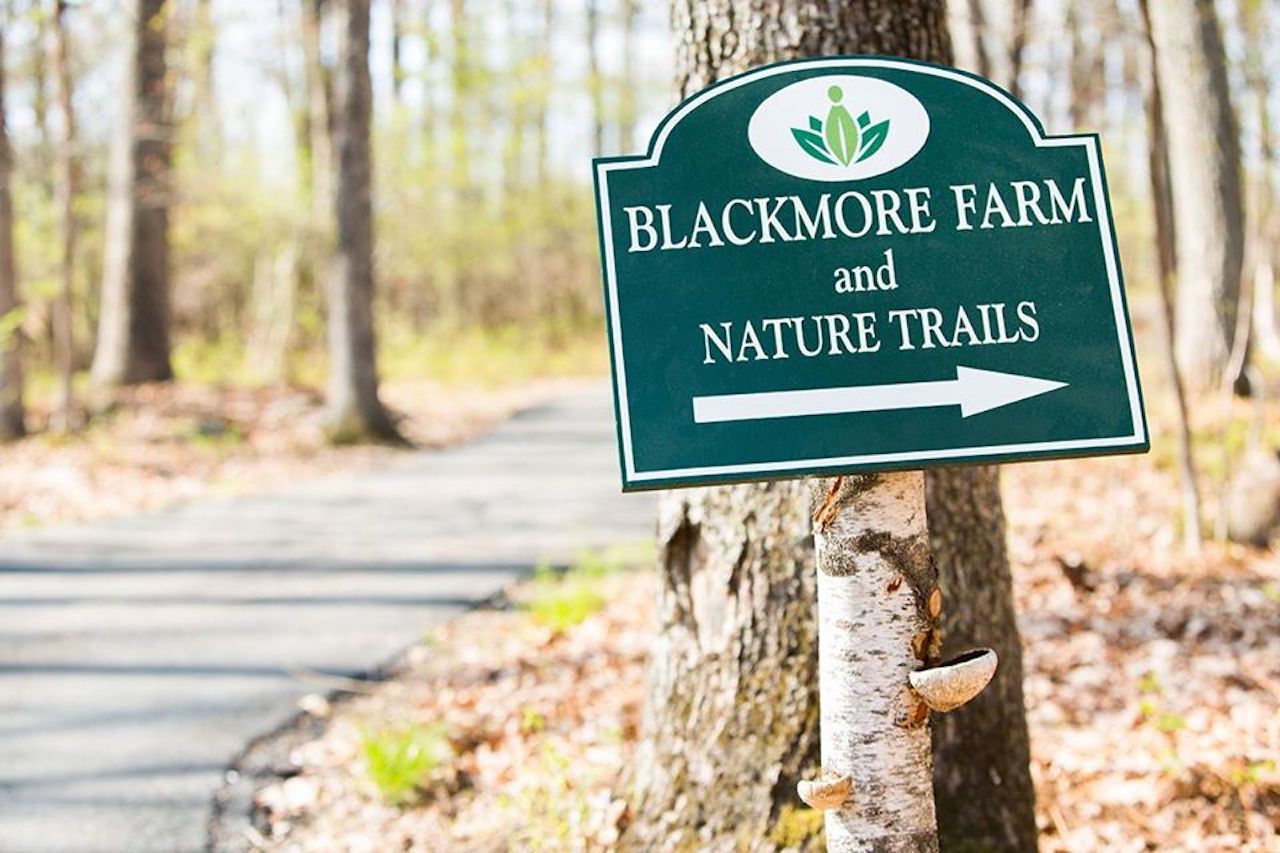
Photo: The Lodge at Woodloch/Facebook
Matt Tabor, general manager of The Inn at Riverwalk in Vail, Colorado, spoke to The Daily Beast about how smaller hotels seem to be in a better position to take care of employees and help out in other areas as well. The Inn is in talks to provide rooms to traveling medical professionals and first responders coming through the area, and he welcomes the opportunity to keep the medical teams safe and prevent the spread of COVID-19 in their county.
This charitable instinct is common in an industry built on a passion for serving others. As the current crisis evolves, hotel properties are proving their genuine commitments to social responsibility via the actions they take to help staff when they’re most vulnerable. Jessica Blotter, founder and CEO of the philanthropic hotel booking platform KindTraveler, has seen this play out with her hotel partners. She shared, for instance, how the luxury Ka’ana Resort in Belize, which normally facilitates guest donations to the Cayo Animal Welfare Society, is redistributing the money to other projects, such as property renovations and daytime security teams. Edgewood Tahoe Resort, another KindTraveler partner and patron of Take Care Tahoe, announced it will keep all of its active employees on full pay while closed, as well as donate all perishable food items to local charities.
Access to food is a big hurdle faced by many workers in the hospitality industry. Changes are being made at some companies to ensure food is available. The Lodge at Woodloch’s on-property Blackmore Farm, for example, usually grows produce for the resort’s restaurants. Now, the farm team is harvesting fresh produce for staff care packages. It even sent a care package to the above-mentioned owner, John Kiesendahl. Knowing he would likely refuse the gesture, an accompanying note urged, “we have already found ways to get the farm’s bounty to our co-workers, so please allow us to keep you and your family happy and healthy as you have done for me and mine.”
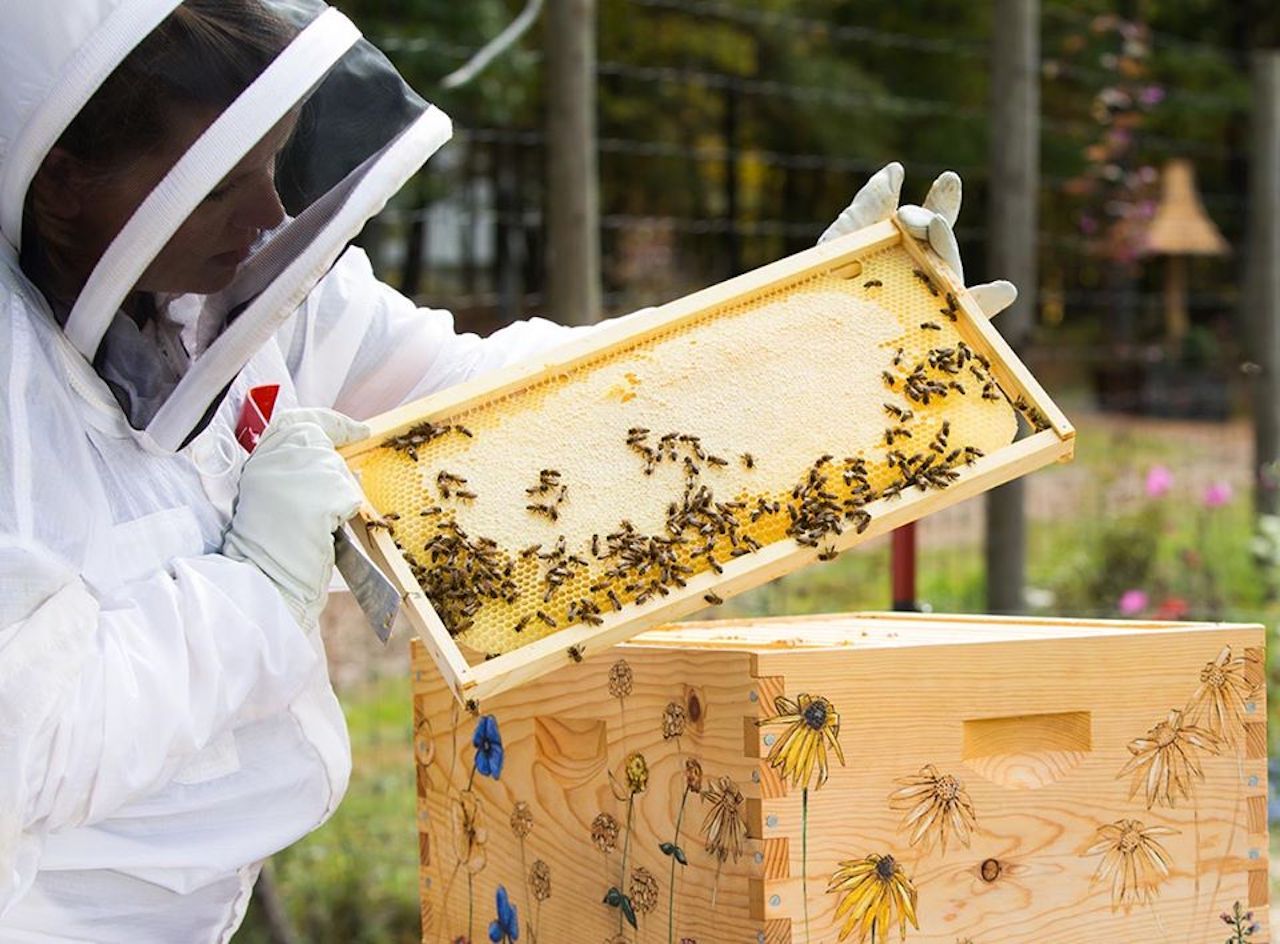
Photo: The Lodge at Woodloch/Facebook
In Texas, Miraval Austin leveraged its locally grown produce for a pop-up, Miraval Community Kitchen, earlier this month. Colleagues were invited to gather at the resort’s Hilltop Crossings Kitchen to collect to-go packages of farm-fresh goods as a way to help alleviate financial strain. After San Francisco’s “shelter in place” mandate forced the Rosewood CordeValle to temporarily close, the hotel’s leadership team organized food donations from its kitchen to help area restaurants fulfill to-go orders in the community.
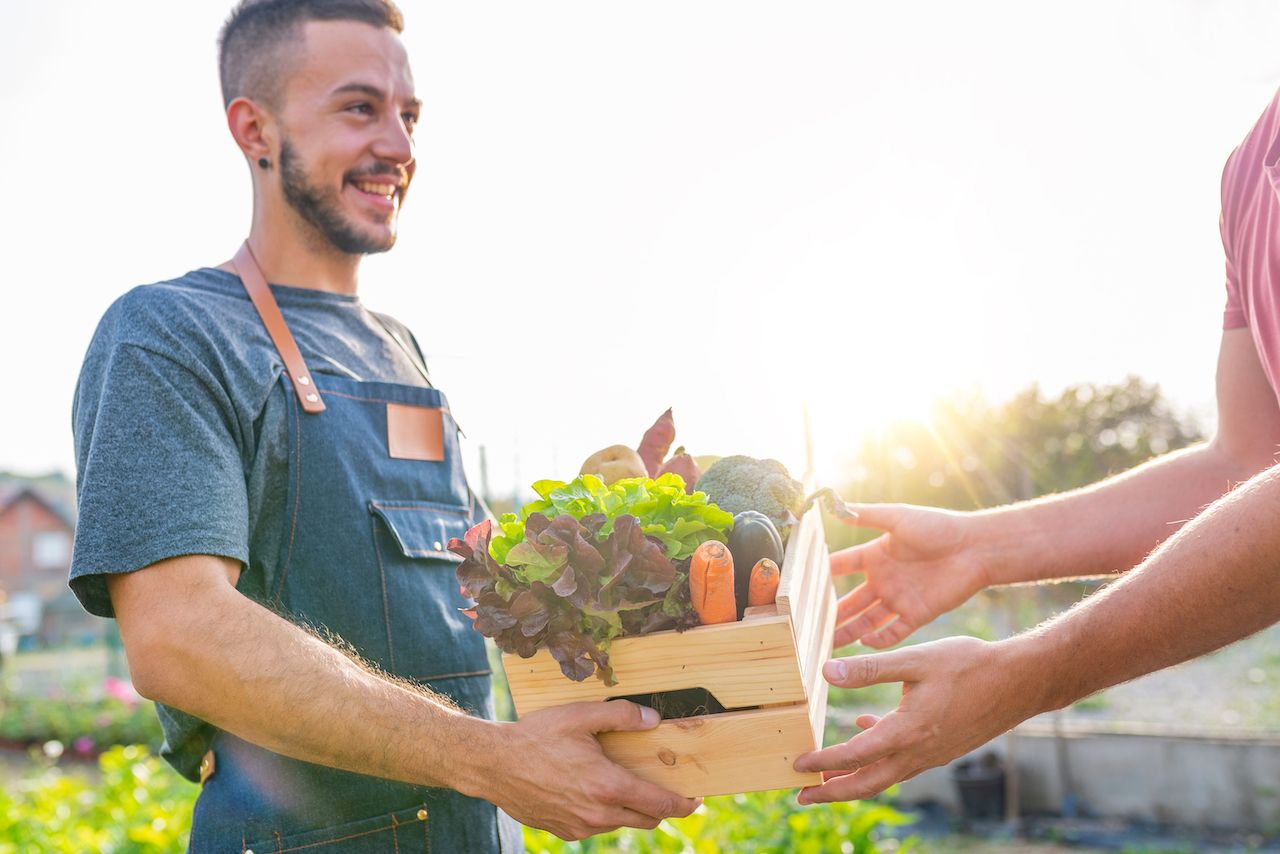
Photo: Dragana Gordic/Shutterstock
It’s heartening to see how small hotels are going above and beyond to help employees and the local community. Many wellness resorts are drawing on the resources they have in place to support the health of their employees as well.
For instance, the Andaz Mayakoba Resort Riviera Maya, an eco-resort located on the beaches of Riviera Maya, Mexico, is supporting its employees’ mental health via a complimentary subscription to the meditation app Headspace. During a time when fear and anxiety can further compromise our already uncertain health, the entire team at Andaz Mayakoba is able to use the subscription to practice mindfulness exercises, guided meditations, and sleep exercises to stay calm. Similarly, Trisara Resort in Phuket, Thailand, is partnering with mindfulness guru Ajarn Anamai to lead mindfulness and meditation sessions for their staff. It’s also brought in a doctor certified in Western and Traditional Chinese Medicine to conduct educational seminars for staff on holistic approaches to strengthen their immune system.
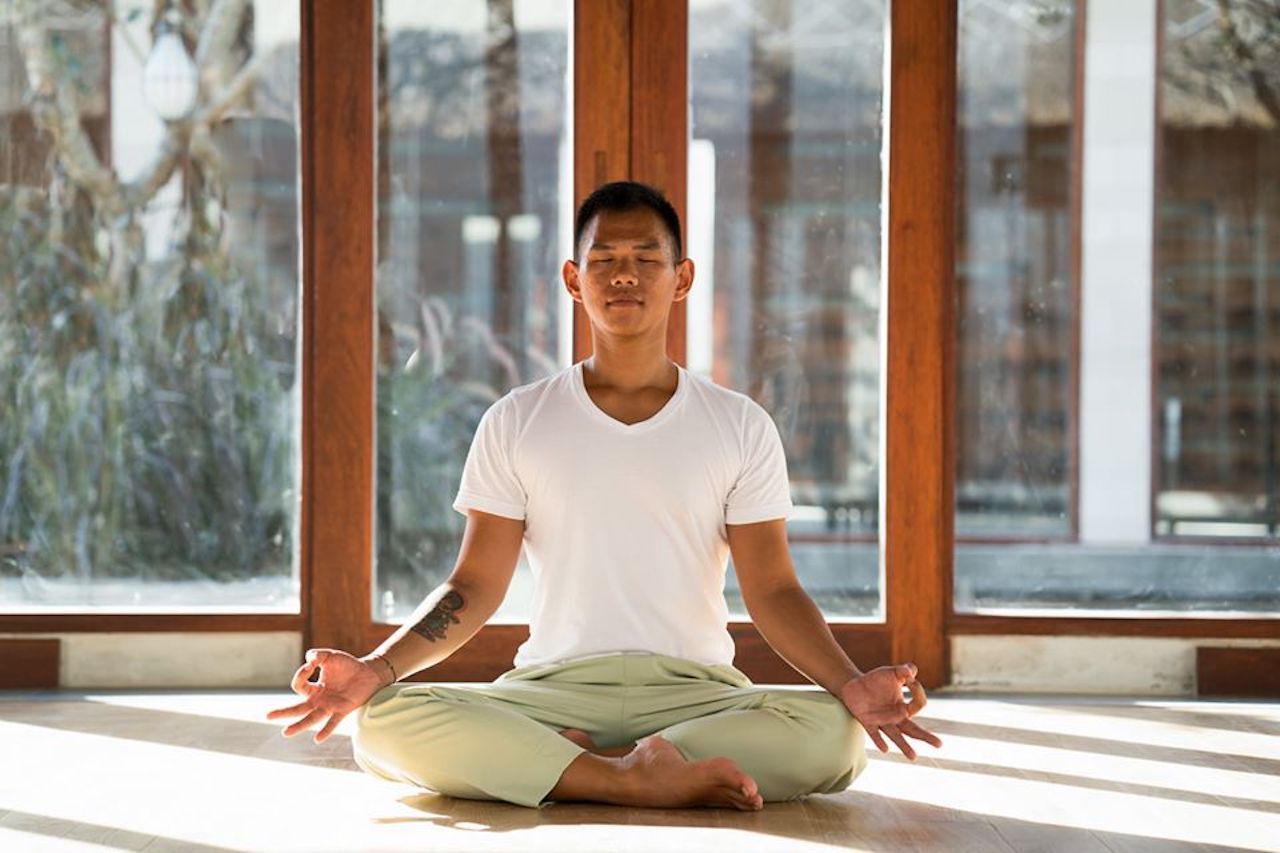
Photo: Six Senses Uluwatu/Facebook
The Six Senses Uluwatu resort in Bali is leaning into its sustainable ethos by offering staff educational classes designed to promote a healthier lifestyle and enhance personal hygiene during the pandemic. Each class is led by Zahrah Ratna Sari, the resort’s sustainability manager. Sari teaches a kombucha training to show staff how to make their own fermented tea drinks, as well as a hand sanitizer workshop where attendees can make their own hand sanitizer using 95-percent alcohol and the property’s home-grown aloe vera and mint.
Needless to say, these are unprecedented times for hotels, but unprecedented times create an opportunity for creative and surprising solutions. As new developments continue to unfold with regard to how the coronavirus pandemic is impacting the travel industry, we can continue looking to smaller hotels and wellness destinations for examples of how to take care of ourselves and each other.